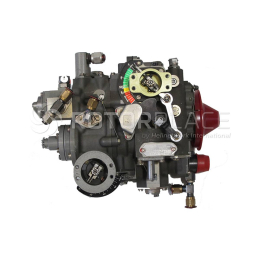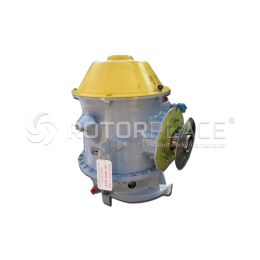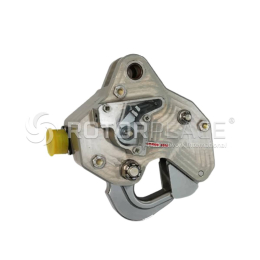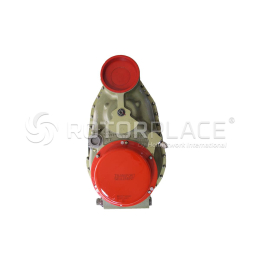Corporate Social Responsibility and Quality Management convention – Rotorplace by HNI
Reduce our carbon footprint and protect our planet
Taking environmental issues into account
Today, more than ever, preserving the environment is an essential mission for all HNI employees.
HNI adopts sustainable performance objectives by taking into account the environmental issues linked to its activity.
Fighting global warming
Since climate change is a global challenge, HNI has identified it as an absolute priority both in its strategy and in its relations with its stakeholders. The measures we are taking at company level are as follows:
Business travel is subject to a geographical strategy. When the CEO has to travel to a country, he optimizes his trips by multiplying the number of meetings in that same country, in order to save on plane or car rotations.
The neon lights in the office will be replaced by LED lights.
Preserving a healthy environment
In addition to climate-related issues, HNI strives to reduce its carbon footprint.
To this end, HNI is committed to increasing recycling and reducing the use of non-renewable resources.
The shipping boxes we receive from our manufacturers are reused for our shipments.
Partial orders are put on hold and grouped into a single shipment for the same order.
We prioritize purchases in France and Europe.
Our Corporate Social Responsibility strategy is based on the following principles
Guaranteeing the best possible exchange with our stakeholders
To satisfy our customers, we are developing lower-cost repair and second-hand offers, with the same high standards of reliability, backed up by our suppliers' guarantees.
Developing human potential.
Developing human potential is a priority for HNI. Our employees acquire their skills and expertise through in-house and external training courses.
Involving our suppliers and partners
Our suppliers are our partners. Our relationships are based on mutual trust and high standards, with the aim of optimizing customer satisfaction.
We are committed to :
- Perpetuate the group's culture of integrity.
- Guarantee the best possible exchange with all parties.
- Always strive for excellence in the safety and protection of people and property.
- Protect the health of our employees and guarantee the safety of our facilities.
Every year, an electrical check-up is carried out by a specialist company, and fire extinguishers are serviced annually.
Workstations are spacious and independent to ensure confidentiality for each employee.
Regular medical check-ups are organized by SANTE AU TRAVAIL. During these visits, each employee has a free say in the preservation of his or her health at work.
Developing innovative processes with less environmental impact : the ROTORPLACE platform is highly innovative in terms of environmental impact, with simple clicks enabling customers to place their orders.
Finally, we use a green energy server in Switzerland.
Leadership
Management demonstrates its commitment to quality management through the objectives it sets for its team, and its commitment to promoting continuous improvement in its QMS.
These objectives relate to the following processes
- Shipping preparation - shipping
- Customer sales - Supplier purchases - Receiving - Controlling - Packing
Each process has its own manager.
Processes are analyzed during management reviews, using the skills and training chart and the Process dashboard.
On a regular basis, the process manager draws up a process status report, and informs us of any needs he or she may have to carry out actions within the framework of the QMS. These needs are discussed at the management review.
Management takes them into account when setting new objectives or reviewing those that have not been achieved.
In order to have an overall view of how all the company's processes operate, management :
- Is involved in and initiates the orientation of the QMS: depending on market trends, the company manager adapts his commercial policy (anticipating purchases, adjusting human requirements);
- Keeps informed of the evolution of the QMS (process dashboard, SWOT and takes into account the impact of interested parties' requirements on the company);
- Creates and maintains the conditions required for staff to achieve their objectives (skills and training charts).


















